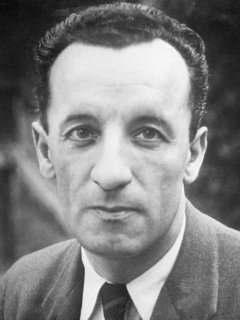
Publication details
Publisher: Springer
Place: Berlin
Year: 2002
Pages: 137-159
Series: Continental Philosophy Review
Full citation:
, ""in that sleep of death what dreams..."", Continental Philosophy Review 35 (2), 2002, pp. 137-159.


"in that sleep of death what dreams..."
Foucault, existential phenomenology, and the kantian imagination
pp. 137-159
in: Continental Philosophy Review 35 (2), 2002.Abstract
Although Foucault's early writings were strongly influenced by the discourse of existential phenomenology, he later considered it an obstacle to a better understanding of social and political power. This essay seeks to understand some of the reasons for his shift, specifically with respect to Heidegger and Merleau-Ponty. I argue that Foucault diverges from existential phenomenology according to an alternative tendency within the Kantian inheritance they both share: one which stresses the world-disruptive rather than the unifying or world-disclosive power of transcendental imagination. Examining the role played by dreams and death in Foucault's early introduction to Binswanger's Dream and Existence allows us to situate his later analysis of the historical and political (rather than existential) meaning of death with respect to larger philosophical currents.
Cited authors
Publication details
Publisher: Springer
Place: Berlin
Year: 2002
Pages: 137-159
Series: Continental Philosophy Review
Full citation:
, ""in that sleep of death what dreams..."", Continental Philosophy Review 35 (2), 2002, pp. 137-159.



